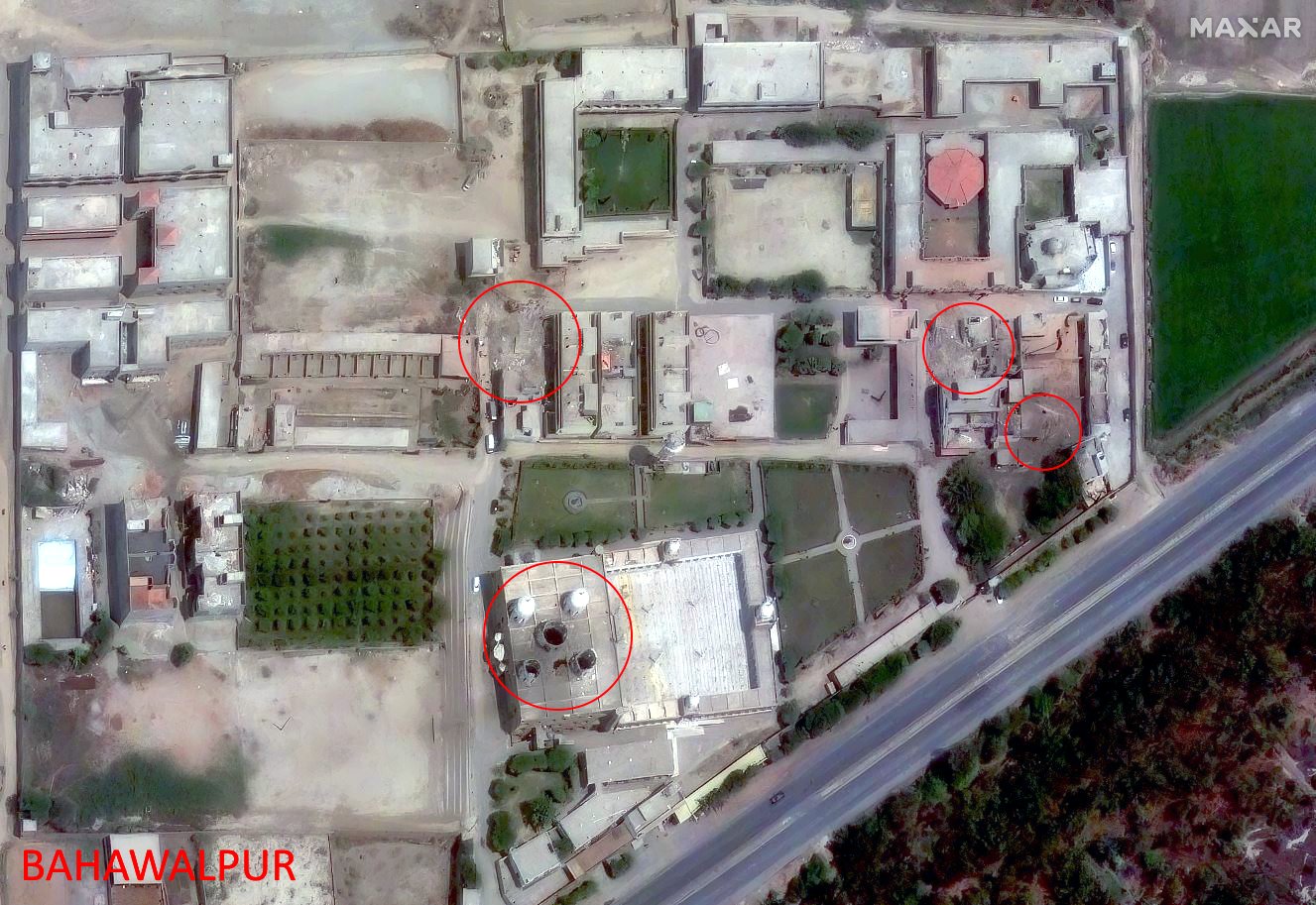Dear Express reader, The House is in session, but the government continues to shut its doors on discussion on the Pegasus revelations. So, day after day, in the ongoing Monsoon Session of Parliament, we see the same spectacle of repeated adjournments of proceedings, or the pushing of bills through, by brute majority, amid noise. This last week, we also saw a wide array of Opposition parties get together after a long time, and share a rare moment of unanimity. Parties that, individually and collectively, still seem bewildered and demoralised by the BJP’s winning streak have now agreed to agree on the demand that the Narendra Modi government should discuss in Parliament the allegations that it, or its agencies, mounted surveillance, using sophisticated Israeli spyware, on targets including political opponents, activists, journalists among others. In the coming week, the Supreme Court will hear a petition seeking a probe into the allegations. In our editorials, we spoke to both government and Opposition. To the Opposition, we said that “while it may be necessary to ratchet up pressure on a government that has so far refused to answer questions on Pegasus, and that seems inclined to brazen it out, disrupting the House or staying out of it, is taking a narrow view. At a time when Parliament is in session, parties of the Opposition need to devise ways to bring the most important issues to its table, where they can be discussed, in full public view.” We pointed out that staying inside Parliament is especially important for an Opposition whose opportunities and spaces outside it seem to be shrinking. And to the government — after officials of three ministries did not show up for a meeting of the standing committee on information technology on the Pegasus issue — we pointed out the dangers of a stonewalling that amounts to disrespecting the very institution and process of Parliament. “The reasons, on paper, that have been given by officials of the three ministries for not appearing before the parliamentary committee on Wednesday, after confirming their participation earlier, are different — in the current context, they are also irrelevant. Because their failure to attend only confirms the disquieting sense that a government with a large majority is intent on having its way through the by-passing of institutions. On crucial matters ranging from the abrogation of Article 370 in Kashmir to the three farm laws that sparked farmers’ protests that are still ongoing, the BJP-led government has been seen to sideline Parliament.” As we pointed out in the editorial, the weaponisation of the mandate and the winner-takes-all approach of the Narendra Modi government is unprecedented. It has led to a growing sense of institutions, even apart from Parliament, and citizens' freedoms, especially to talk back to their government, being under siege. Is this how democracies die — was the powerful and provocative question posed by political theorist John Keane in his article for us this week. Keane’s new book, “To Kill A Democracy: India’s Passage to Despotism” (OUP, 2021), is out; he had earlier written a full-scale history of democracy, “The Life and Death of Democracy” (2009). Democracy suffers a “slow-motion social death”, wrote Keane, when there is no freedom from hunger, humiliation and violence, when constitutional promises of liberty, equality and justice are not kept, when “the judiciary becomes vulnerable to cynicism, political meddling and state capture. Massive imbalances of wealth, chronic violence, famine and unevenly distributed life chances also make a mockery of the ethical principle that in a democracy people can live as citizen partners of equal social worth. If democracy is the self-government of social equals who freely choose their representatives, then large-scale social suffering renders the democratic principle utterly utopian.” Most of all, Keane emphasised the importance of dignity, and what lack of it can do to democracy’s life chances. “No doubt, citizens’ ability to strike back, to deliver millions of mutinies against the rich and powerful, is in principle never to be underestimated in a democracy. But the brute fact is social indignity undermines citizens’ capacity to take an active interest in public affairs, and to check and humble and wallop the powerful. Citizens are forced to put up with state and corporate restrictions on basic public freedoms. They must get used to big money, surveillance, baton charges, preventive detentions, and police killings.” It’s a thought provoking image — of democracy chipping away at itself, bit by bit, by entirely democratic means. There are no stark opposites here, no easily identified binaries, no clearly drawn lines to separate the right side from the wrong, democrats from autocrats, democracy from phantom democracy. What do you do when democracy begins to prey on democracy, is the difficult question. Till next week, Vandita | 
No comments:
Post a Comment